Muse – Word of the Day for IELTS Speaking & Writing
This blog explains the word “Muse”, meaning to think deeply or a source of creative inspiration. It includes the word’s origin, verb and noun meanings, and useful IELTS Speaking and Writing examples to help boost your vocabulary and band score.
Table of Contents

Limited-Time Offer : Access a FREE 10-Day IELTS Study Plan!
Enhancing your IELTS vocabulary with versatile and expressive words is key to achieving a high band score. Today’s word, “Muse,” can be used both as a verb and a noun, making it highly useful when describing creative thinking, reflection, or inspiration in both IELTS Speaking and Writing tasks.
Meaning of “Muse”
Part of Speech:
- Verb: To think about something deeply, carefully, and for a long time.
- Noun: A person or source of inspiration for artistic or creative work.
Origin and History of the Word
In Greek, Mnemosune, is a Greek god and her name translates to ‘memory’. Memory was once the mother of invention for the ancient Greek professional poets whose job is to compose new poems in traditional styles on festive occasions, or to improvise material when they had a memory lapse. This word, ‘Mnemosune’ has its root in the extended Greek and Indo-European word ‘men-to think’ and thus, the other meaning of the word.
How to Use “Muse” in IELTS Speaking & Writing
Understanding how to use both forms of “muse” helps you describe emotional or intellectual reflection (verb) and artistic inspiration (noun) valuable for storytelling, opinion, and discussion responses in the IELTS Speaking and IELTS Writing topics.
1. Verb: Muse
Used to describe the act of pondering or reflecting thoughtfully.
Examples:
- I began to muse about writing my own book.
- It’s useless to muse upon the past.
- Even though my little sister isn’t living with us anymore, mum and me muse about her a lot.
- The media began to muse about the recent changes of the government.
2. Noun: Muse
Used to describe someone or something that inspires creativity, especially in the arts.
Examples:
- My sister was my muse.
- I feel that my muse has left me.
- She was the muse to the famous painter Picasso.
- Don’t sit there waiting for a muse! It won’t help if you don’t try.
- When I began writing my novel, I started at the muse I’d been birth to for a long time.
IELTS Tip
Use the verb "muse" in IELTS Writing Task 2 when exploring reflective or opinion-based arguments. In IELTS Speaking Part 2 or 3, you can use it to describe how you or others think deeply about past events or future goals.
Use the noun "muse" in creative descriptions, like talking about a person who inspired you or discussing your hobbies, ideal job, or sources of motivation.
Synonyms for Muse
As a Verb:
- Reflect
- Contemplate
- Ponder
- Meditate
- Deliberate
As a Noun:
- Inspiration
- Creative influence
- Guiding spirit
- Source of ideas
Grab the newly launched Vocabulary for IELTS to level up your preparation.
Sample IELTS Speaking Answer using “Muse”
Use in: IELTS Speaking Part 2 or 3 (Describing a person or experience)
Q: Describe a person who has inspired you.
A: My schoolteacher was like a muse to me. Her love for literature and the way she brought stories to life inspired me to write my own poems. I often muse about the impact she had on my creativity.
Sample IELTS Writing Sentence using “Muse”
Use in: IELTS Writing Task 2 (Opinion Essay or Reflective Topic)
Many young people muse over career choices during university, which can lead to better long-term planning and decision-making.
Want to master more high-band IELTS vocabulary for the IELTS exam? Book a Free Demo Class today!
Use “muse” in IELTS Speaking when describing reflective thoughts or personal inspiration, and in IELTS Writing Task 2 when presenting ideas about creativity, memory, or future aspirations. This word adds depth to your expression and enhances your Lexical Resource score. Practice both forms of “muse” across different contexts to improve fluency and vocabulary range. If you're aiming for top IELTS Band Score, follow the IELTS Exam Preparation Tips for Band Score of 8+ to further enhance your vocabulary and overall test performance.
Also Check:
Explore IELTS Resources

Start Preparing for IELTS: Get Your 10-Day Study Plan Today!
Recent Articles
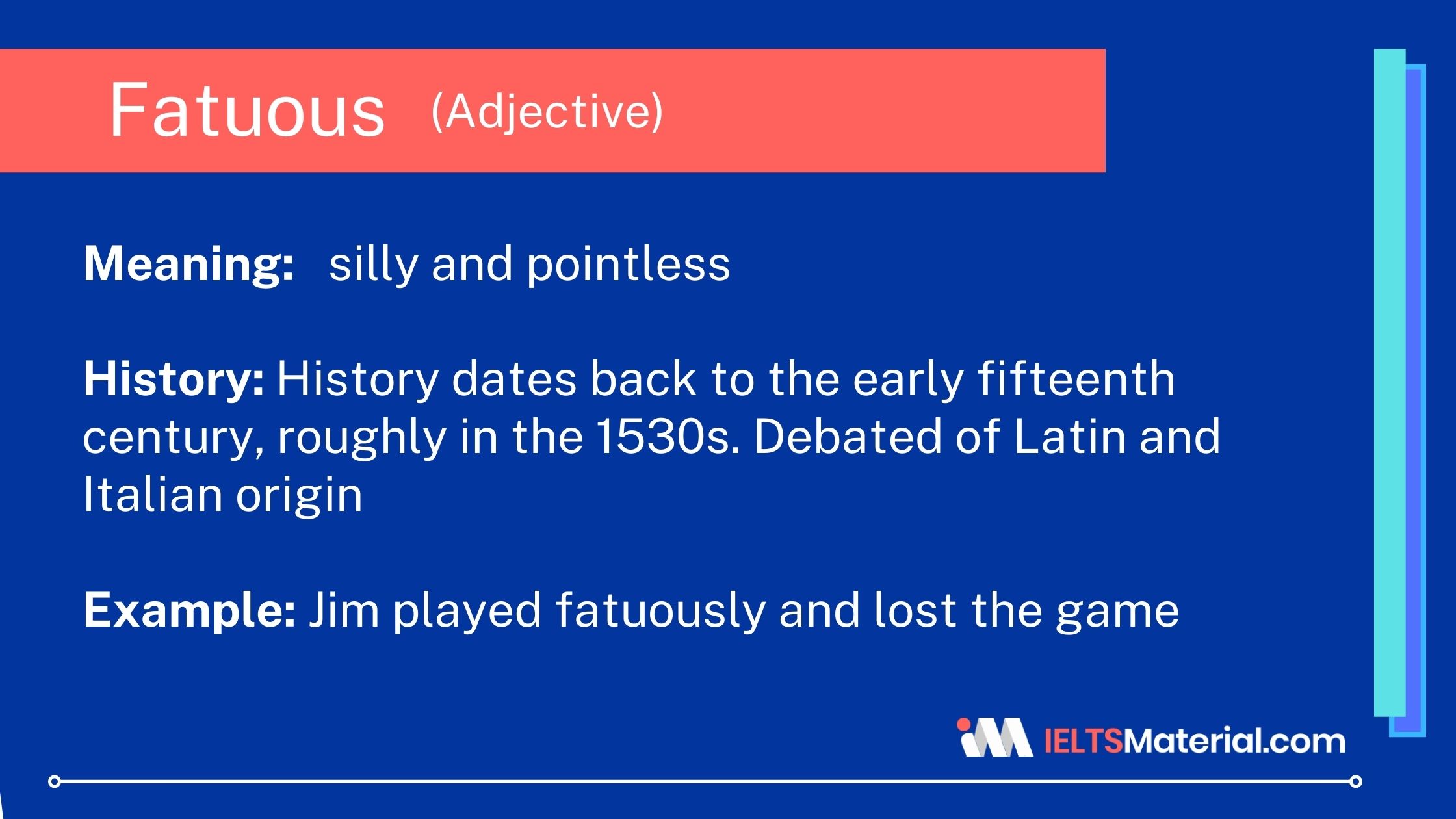
Kasturika Samanta
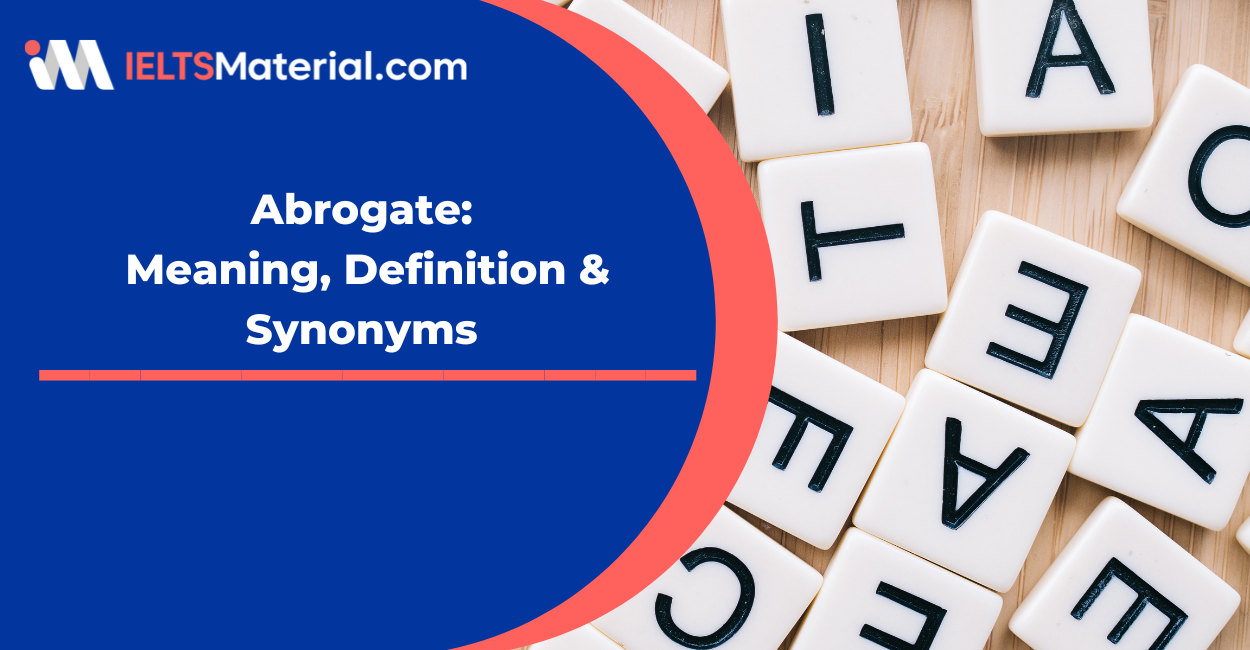
Kasturika Samanta
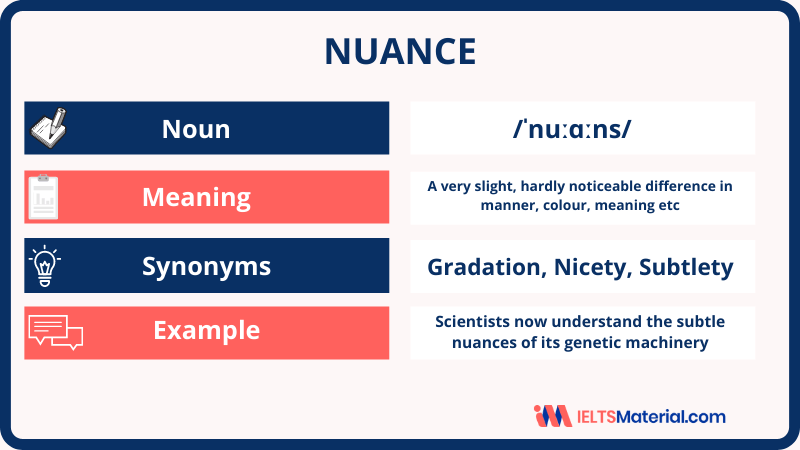
Kasturika Samanta
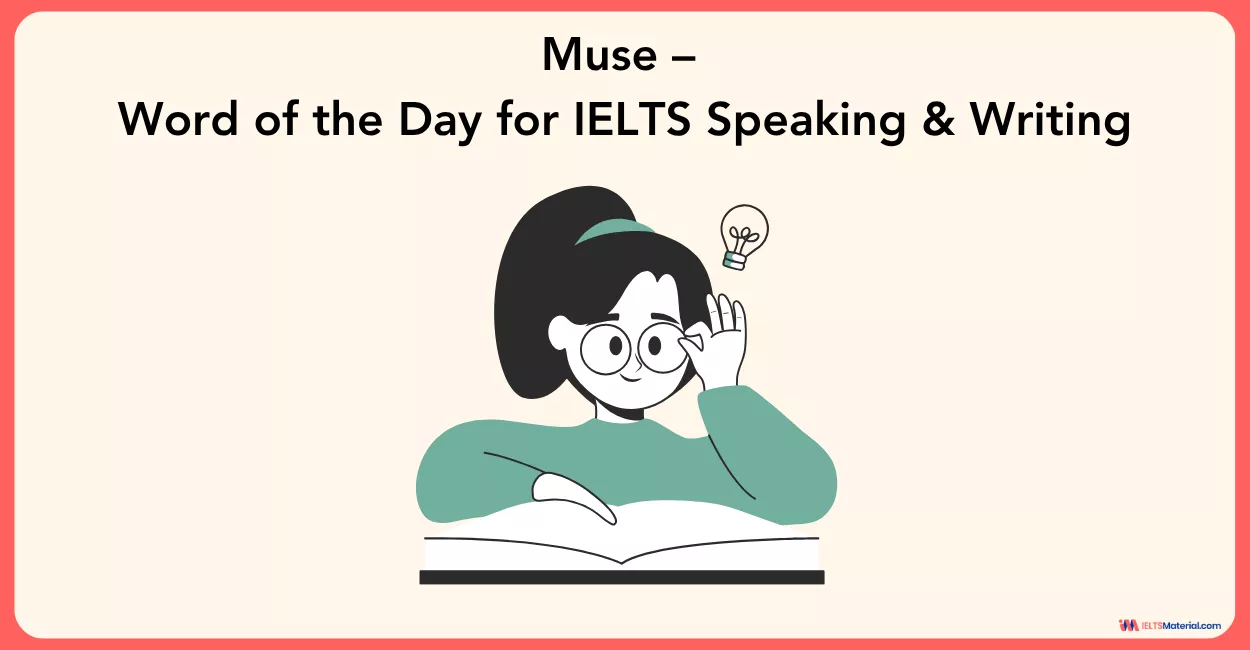

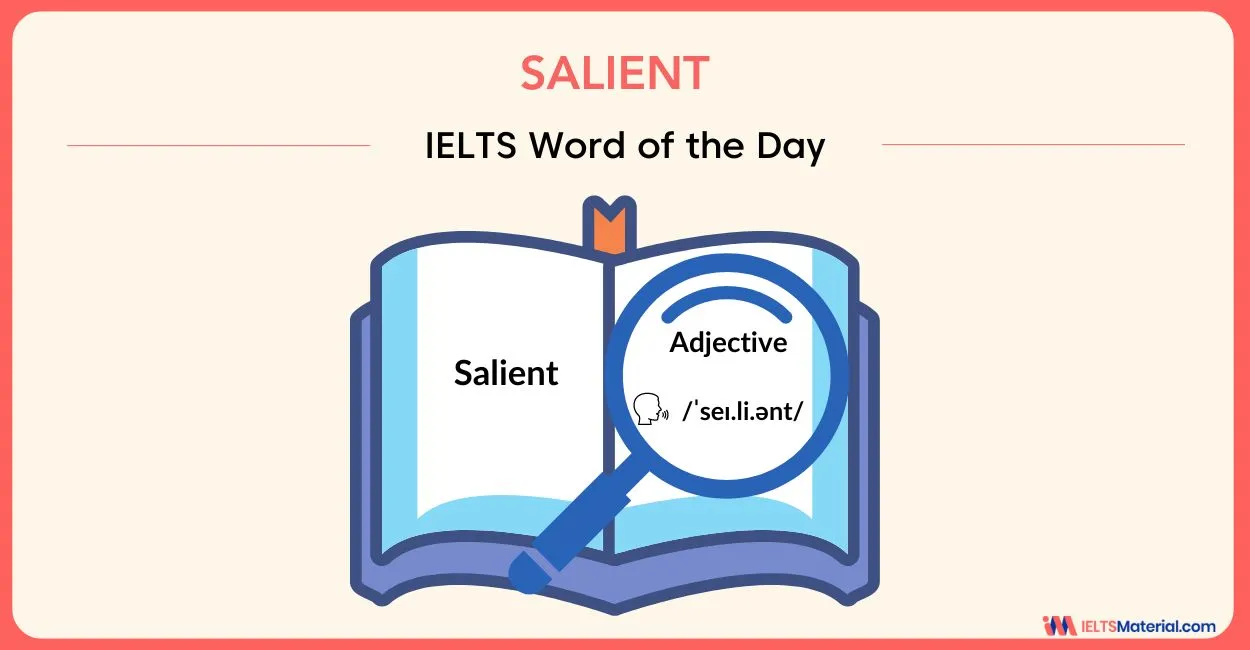


Post your Comments